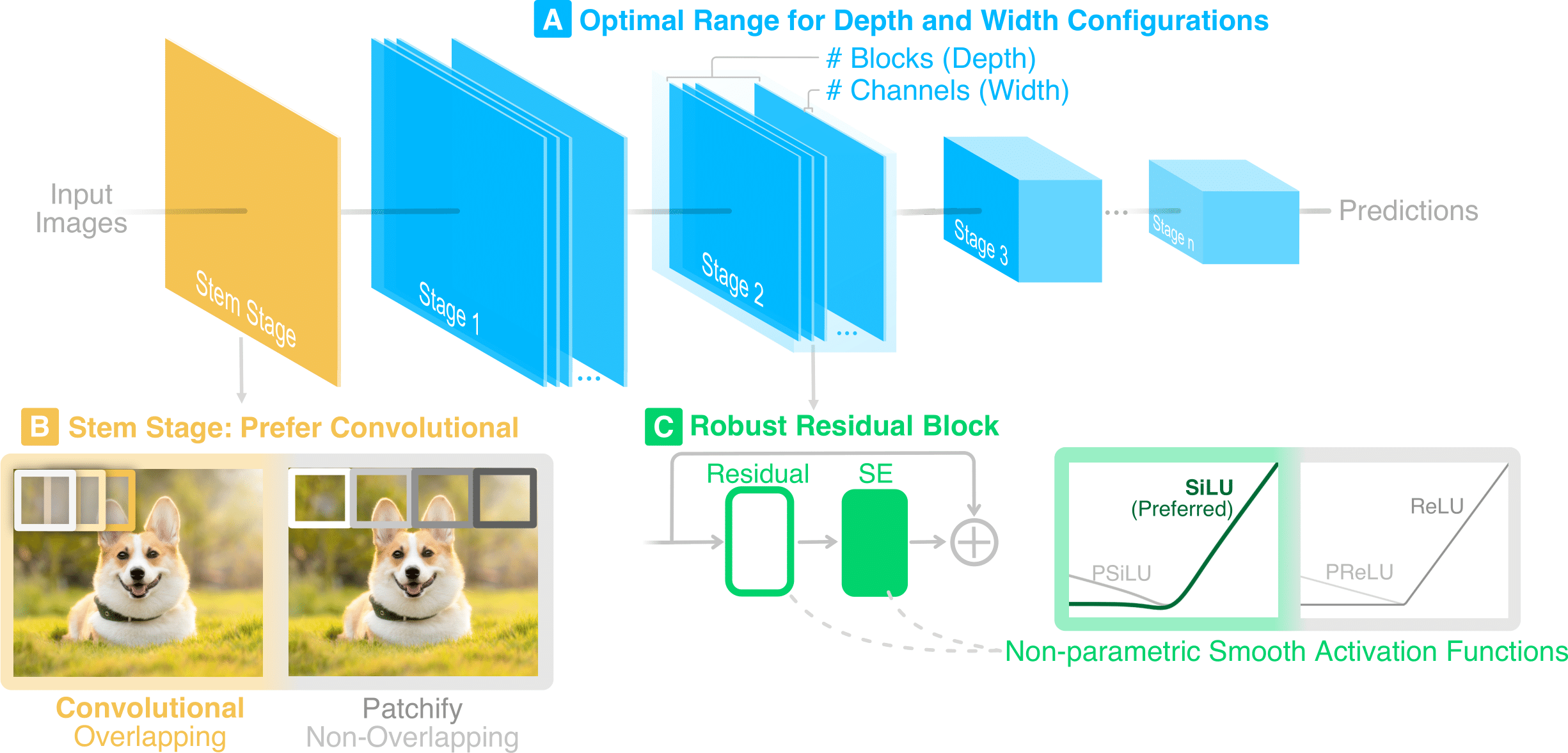Better Diffusion Models Further Improve Adversarial Training
It has been recognized that the data generated by the denoising diffusion probabilistic model (DDPM) improves adversarial training. After two years of rapid development in diffusion models, a question naturally arises: can better diffusion models further improve adversarial training? This paper gives an affirmative answer by employing the most recent diffusion model which has higher efficiency ($\sim 20$ sampling steps) and image quality (lower FID score) compared with DDPM. Our adversarially trained models achieve state-of-the-art performance on RobustBench using only generated data (no external datasets). Under the $\ell_\infty$-norm threat model with $\epsilon=8/255$, our models achieve $70.69\%$ and $42.67\%$ robust accuracy on CIFAR-10 and CIFAR-100, respectively, i.e. improving upon previous state-of-the-art models by $+4.58\%$ and $+8.03\%$. Under the $\ell_2$-norm threat model with $\epsilon=128/255$, our models achieve $84.86\%$ on CIFAR-10 ($+4.44\%$). These results also beat previous works that use external data. We also provide compelling results on the SVHN and TinyImageNet datasets. Our code is available at https://github.com/wzekai99/DM-Improves-AT.
PDF Abstract


 CIFAR-10
CIFAR-10
 CIFAR-100
CIFAR-100
 SVHN
SVHN